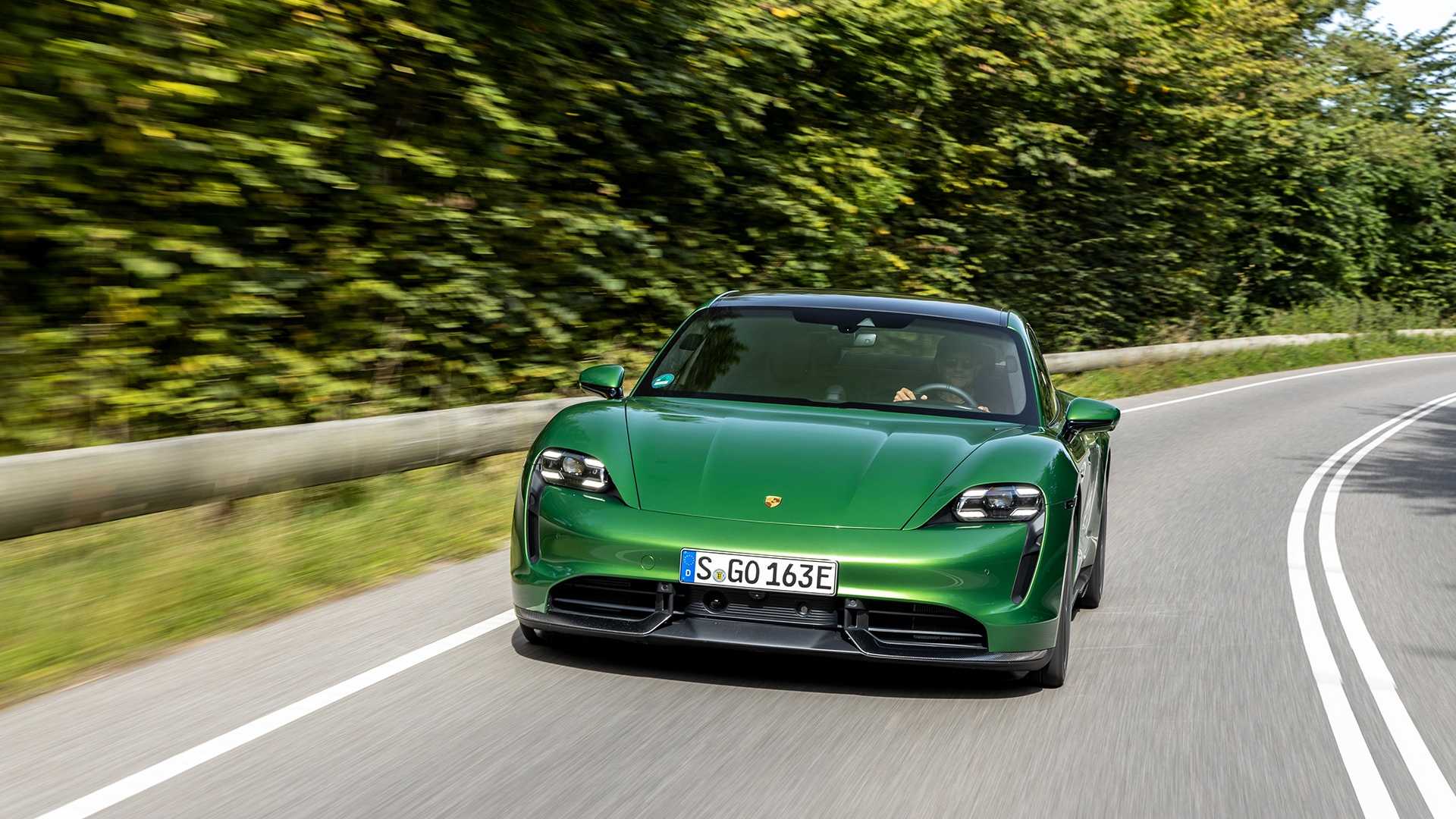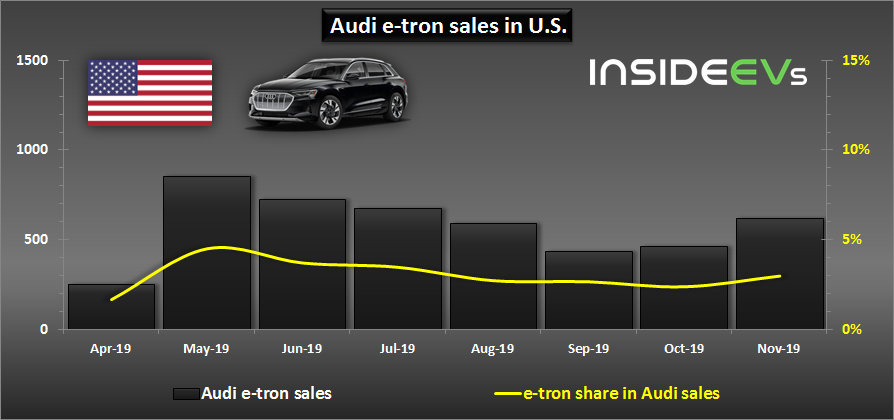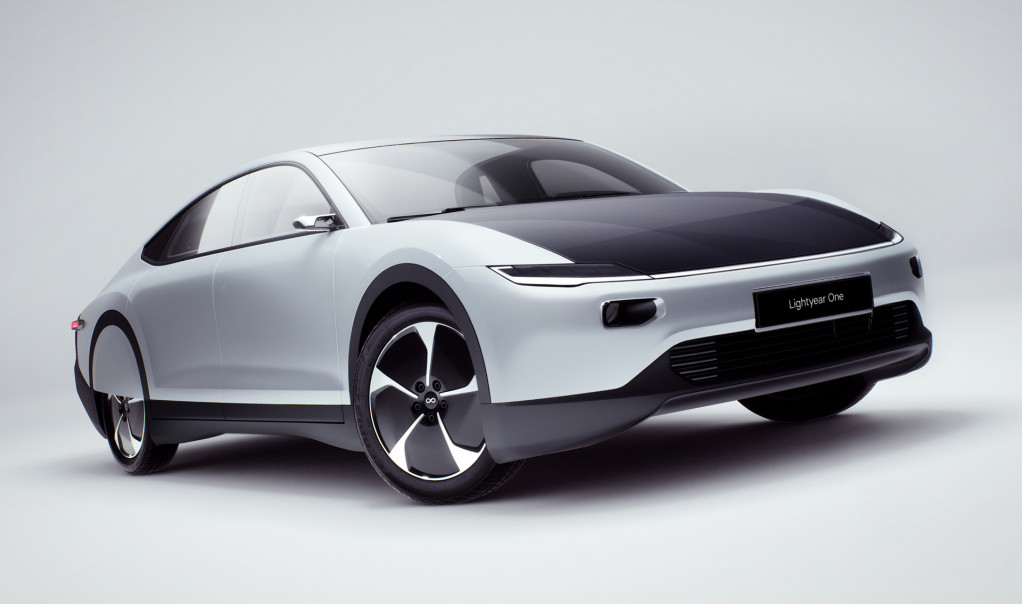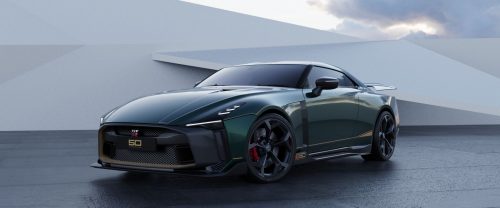Tesla won the car of the year award in Switzerland and VW surprisingly paid for an ad to congratulate Tesla and challenges them with the ID.3 for next year. A twelve-member jury awarded the coveted title of “Swiss Car of the Year 2020” to the Tesla Model 3 earlier this month. Tesla’s electric sedan beat… Continue reading Tesla gets kudos from VW for car of the year award in ad, challenges them with ID.3
Tag: VW
Volkswagen charged with violating vehicle emission standards in Canada
FILE PHOTO: The logo of Volkswagen is pictured at the LA Auto Show in Los Angeles, California, U.S., November 20, 2019. REUTERS/Lucy Nicholson (Reuters) – German automaker Volkswagen AG (VOWG_p.DE) on Monday was charged with importing nearly 128,000 vehicles into Canada contravening the country’s environmental legislation, a Canadian government agency said. Volkswagen was charged with… Continue reading Volkswagen charged with violating vehicle emission standards in Canada
REFILE-Volkswagen charged with violating vehicle emission standards in Canada
FILE PHOTO: The logo of Volkswagen is pictured at the LA Auto Show in Los Angeles, California, U.S., November 20, 2019. REUTERS/Lucy Nicholson (Reuters) – German automaker Volkswagen AG (VOWG_p.DE) on Monday was charged with importing nearly 128,000 vehicles into Canada contravening the country’s environmental legislation, a Canadian government agency said. Volkswagen was charged with… Continue reading REFILE-Volkswagen charged with violating vehicle emission standards in Canada
Environmental protection in the automotive industry: VW purchasing board summer: “reducing CO2 is not rocket science”
ID.3 Volkswagen wants to produce the electric car CO2-neutral. (Photo: AFP) Wolfsburg Volkswagen Increases pressure on suppliers when switching to electromobility, “Of course, we can only achieve CO2 neutrality with the electric car ID.3, even if the suppliers produce balance sheets CO2 neutral,” said the purchasing director of the VolkswagenGroup, Stefan Sommer, Handelsblatt. The Volkswagen… Continue reading Environmental protection in the automotive industry: VW purchasing board summer: “reducing CO2 is not rocket science”
Lexus to launch EV in China taking on VW and Tesla
NAGOYA — Toyota Motor is ramping up efforts to sell electric vehicles in China, the world’s largest auto market, where it plans to launch its first electric Lexus in 2020. The plan was unveiled at the Guangzhou International Automobile Exhibition in late November. China’s electric vehicle market is facing challenges after the government cut subsidies.… Continue reading Lexus to launch EV in China taking on VW and Tesla
Porsche Top 5 Series Focuses On Taycan
Discover the exterior, interior, and performance of the EV. For the latest episode of its Top 5 series, Porsche is taking a deeper look at its most recent and most technologically advanced product. The 10-minute video takes us at the company’s Development Center in Weissach where we join “electric head” Alex Bangula in discovering some… Continue reading Porsche Top 5 Series Focuses On Taycan
Porsche tests a four-motor powertrain for electric SUVs
Sponsored Links Porsche Porsche’s follow-ups to the Taycan may make its powerplants seem conservative by comparison. The Stuttgart crew has revealed that it’s working on a four-motor powertrain for electric SUVs, twice as many as what you’ll find in the Taycan. This isn’t about improving quarter mile times, though. Instead, the design is focused on… Continue reading Porsche tests a four-motor powertrain for electric SUVs
Audi e-tron Sales In The U.S. Continue On Upward Trend
Audi e-tron is selling better and near-term perspectives are also positive. Audi sold some 621 e-tron in the U.S. last month, which is a noticeably better result than in prior months, although not yet a new record (856 in May 2019). Since the overall Audi sales also significantly improved (by 21% to 21,618), the e-tron’s share was… Continue reading Audi e-tron Sales In The U.S. Continue On Upward Trend
Battery costs, EVs for China, solar cars from Europe: The Week in Reverse
Which automaker committed to a plant with battery giant LG Chem? And why again is Toyota so committed to hybrids and not electric cars? This is our look back at the Week In Reverse—right here at Green Car Reports—for the week ending December 6, 2019. Sono Motors is aiming to make a compact car powered… Continue reading Battery costs, EVs for China, solar cars from Europe: The Week in Reverse
@VW Group: 6Dec Nissan GT-R50 by Italdesign deliveries to begin in late 2020 First customer model to be displayed at Geneva Motor Show in I…
The first customer model of the Nissan GT-R50 by Italdesign will go on display in Italdesign’s booth at the Geneva Motor Show in March, before deliveries of the limited-edition car begin in late 2020. Before then, fans can see the prototype model in locations throughout Japan, including at the 2019 NISMO Festival this Sunday. Customer… Continue reading @VW Group: 6Dec Nissan GT-R50 by Italdesign deliveries to begin in late 2020 First customer model to be displayed at Geneva Motor Show in I…




